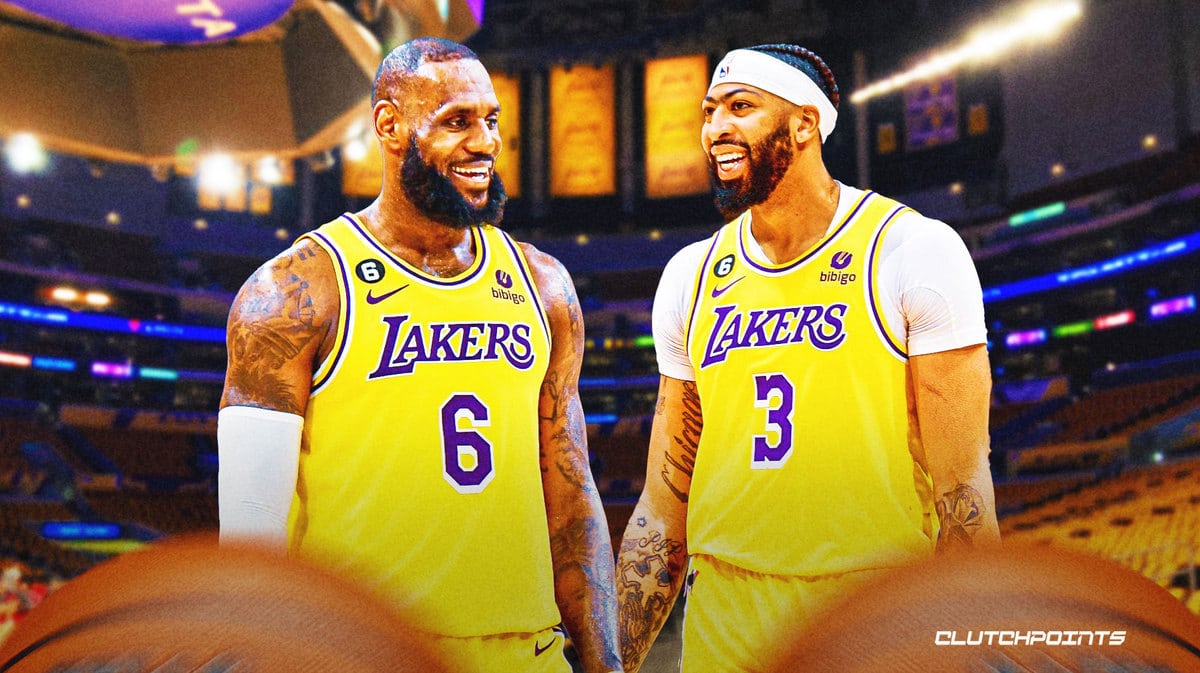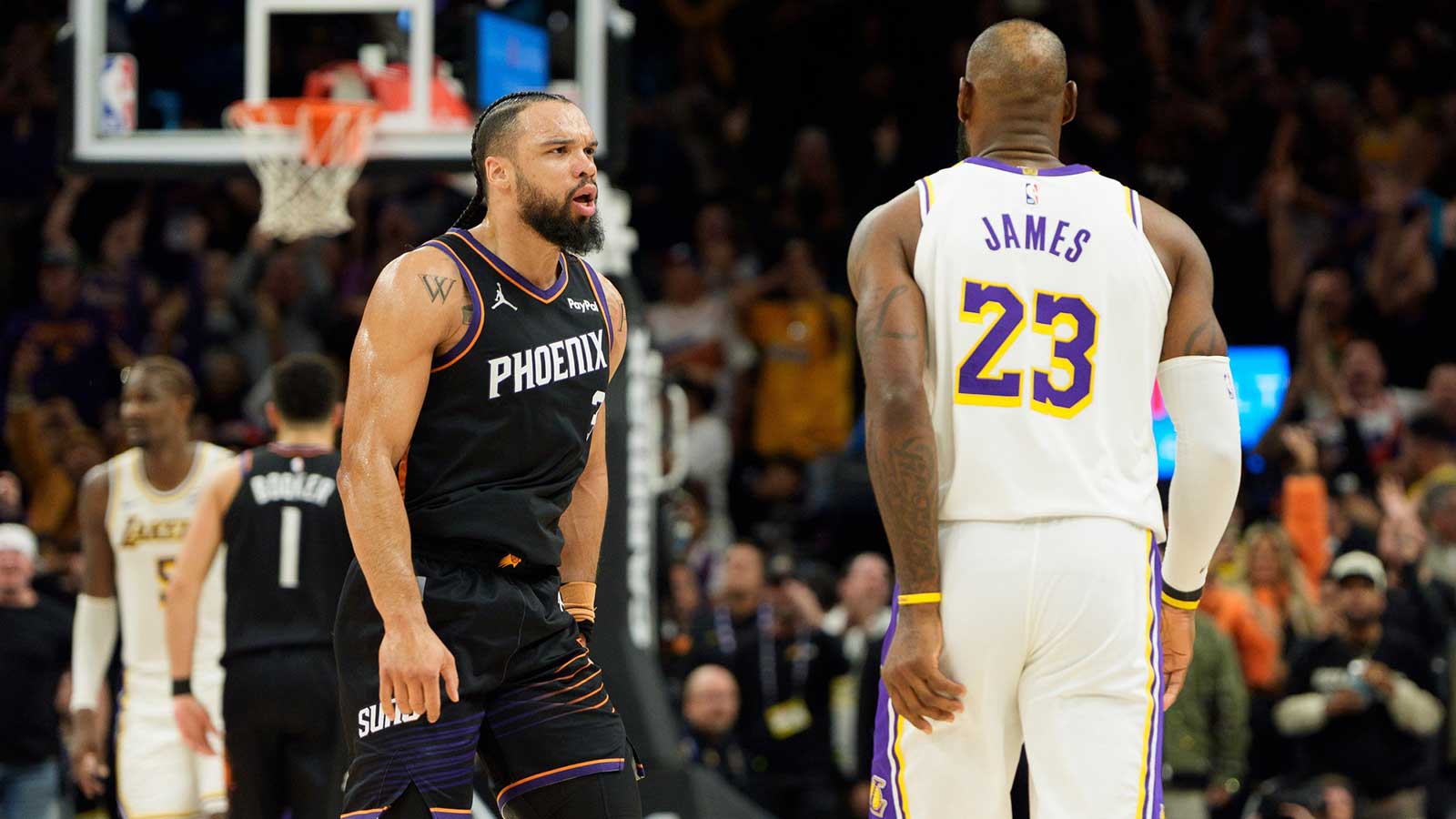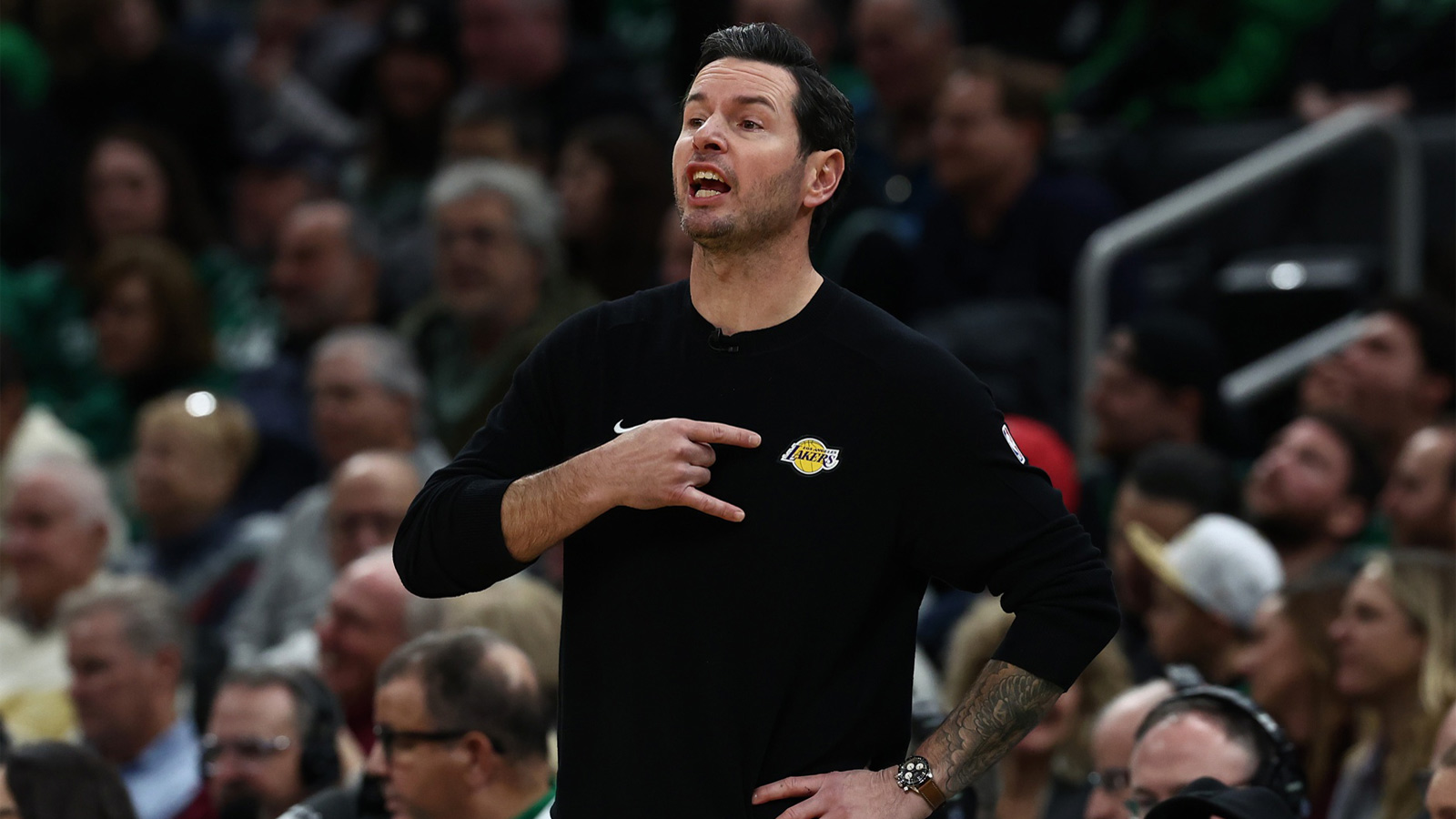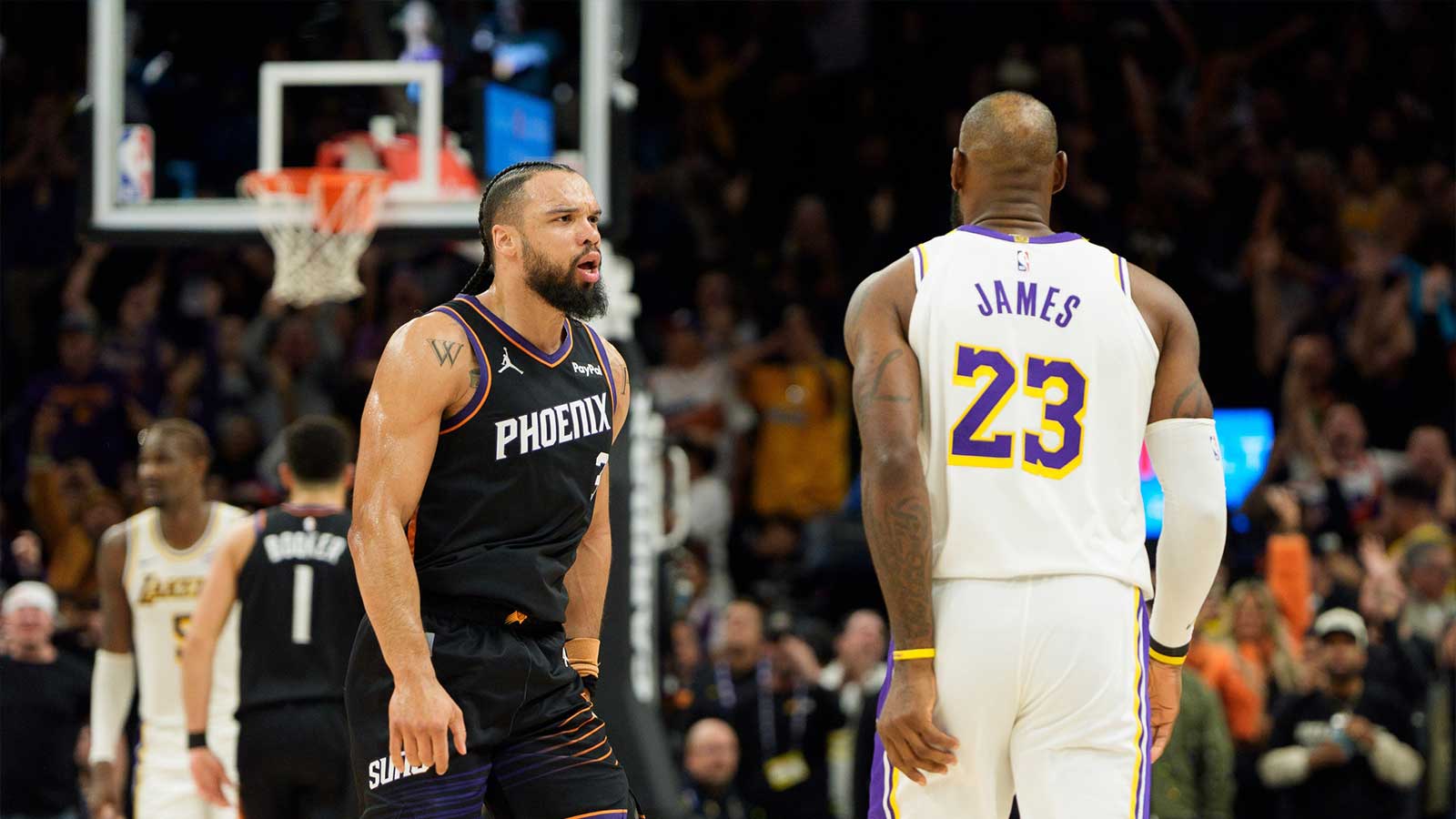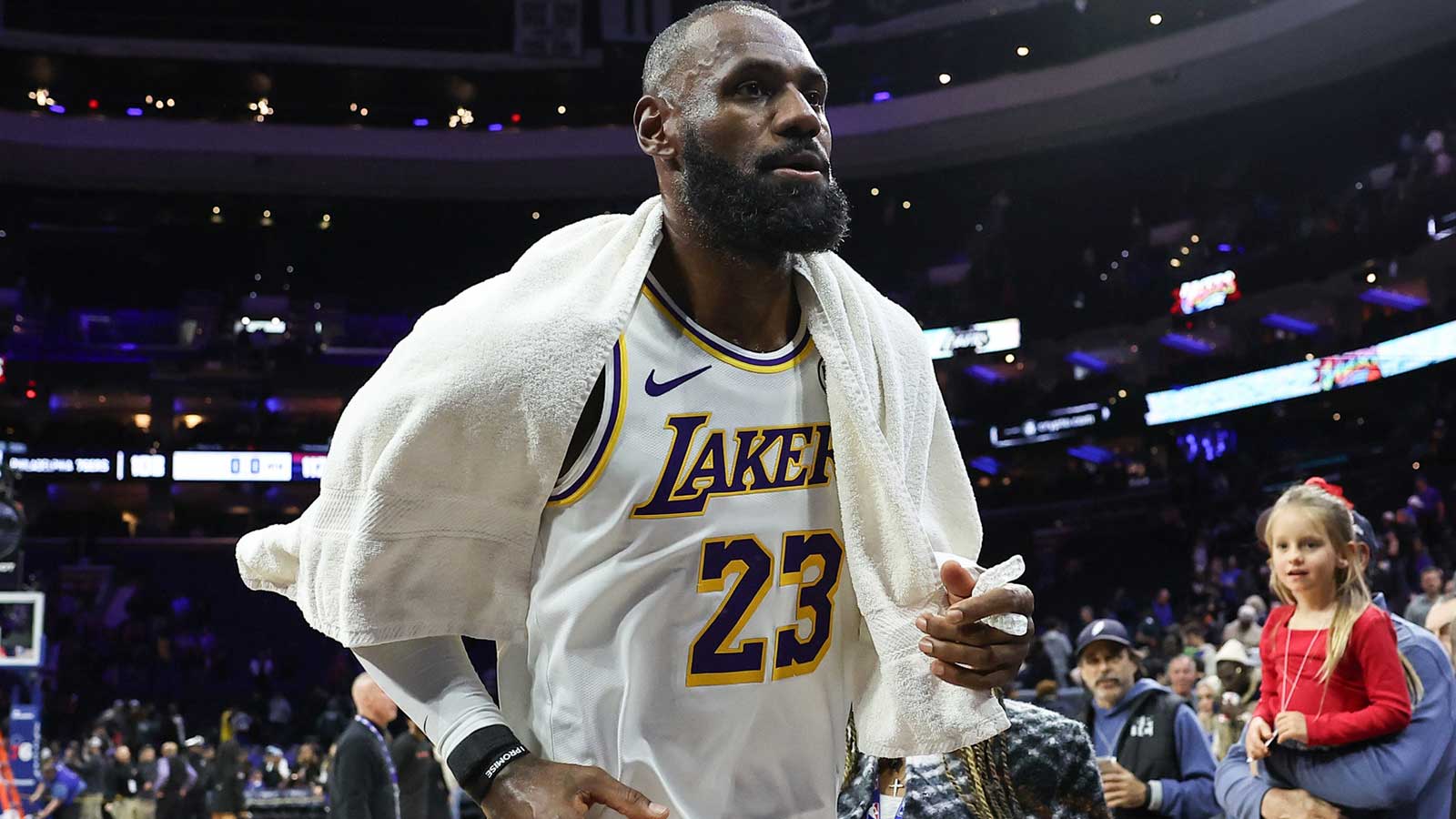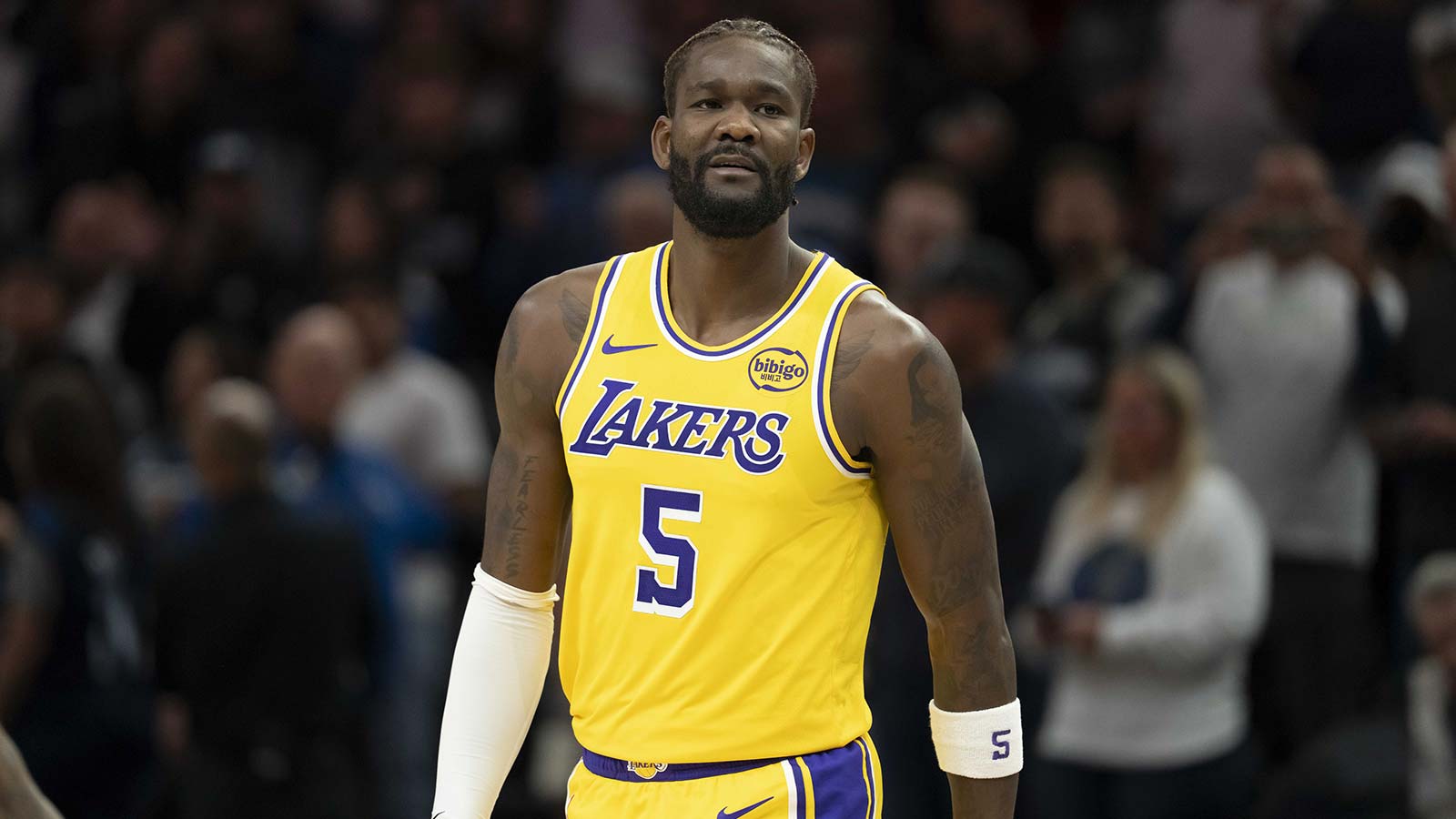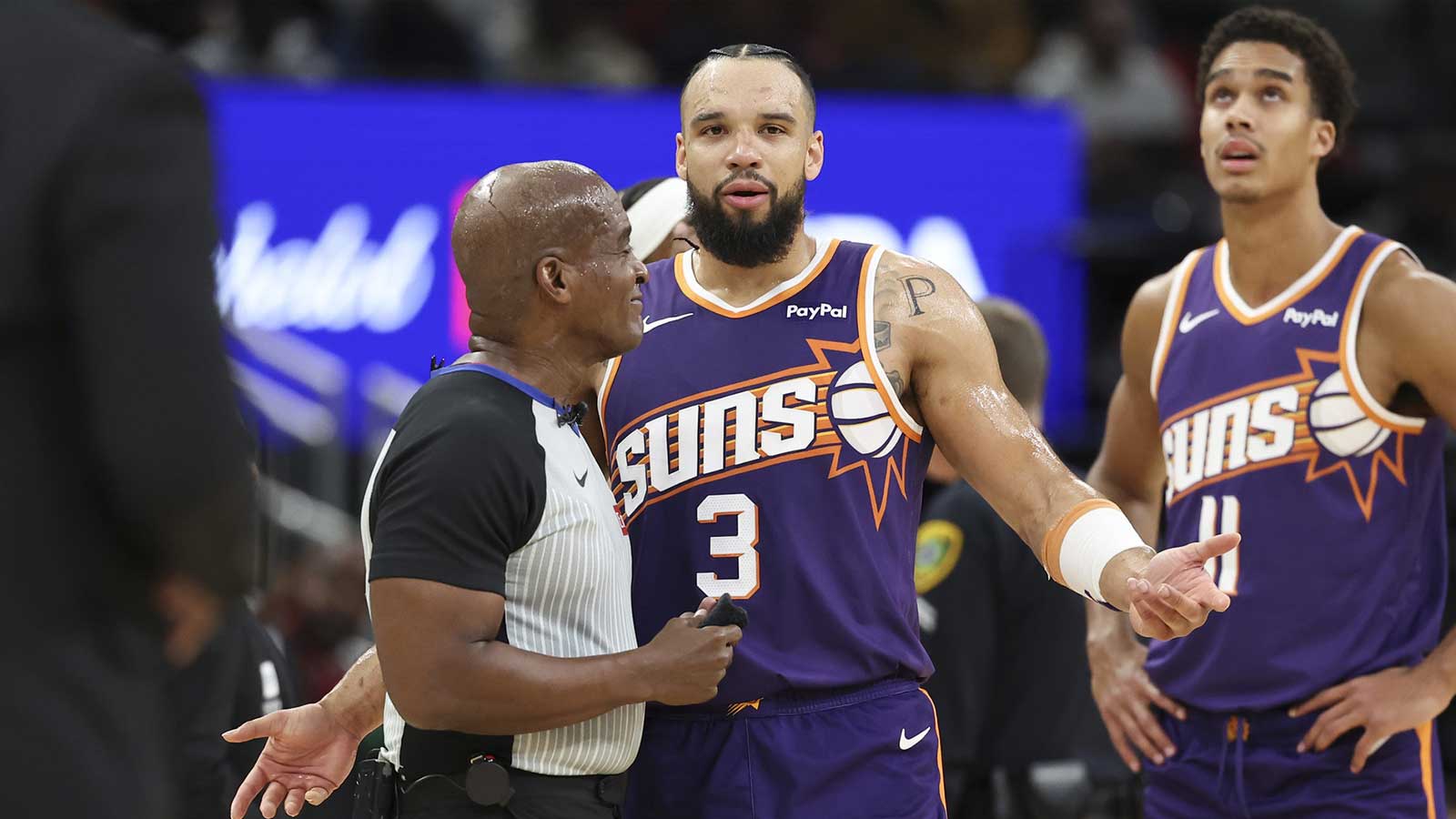When the Lakers and Nuggets square off in the Western Conference Finals, the usual logic will be inverted. Somehow, the Nuggets are the high flying juggernaut led by a league-defining superstar at the peak of his powers. The Lakers are the plucky upstart who surged late in the season because of their chemistry and defense. This is the fitting capstone to a tremendously exciting and uncertain Western Conference, a chance to have final answers to some of the season's most pressing questions. Can LeBron James muster the strength to take over yet another playoff series? Will Jokic solidify his status as the best player in the world? Can a team built around a center still win a championship? As such, here's our breakdown of the titillating Western Conference Finals and the three reasons why the Los Angeles Lakers will advance to the NBA Finals.
1. Interior Scoring
Jokic's defense requires some difficult parsing. Overall, he's a fine defender—for the most part, he's even a good one. Against pick-and-rolls, Jokic has discovered a kind of counterintuitive, janky utility, attacking the ball handler and pawing at the ball, temporarily seizing control of the rules of engagement before the offense can capitalize on his slowness. By doing so, he masks his weaknesses (running and jumping) behind his fast hands and faster brain. In the Nuggets' second round win over the Suns, Jokic held up admirably against Devin Booker and Kevin Durant—their confidence to hoist difficult mid-range jumpers played directly into Jokic's strategy since they couldn't take advantage of his pokiness in wide open spaces or his squishy rim protection.
The Lakers, though, present an entirely new and more difficult problem for Jokic to solve. If the Suns leaned on Booker and Durant to shoot the team to victory, the Lakers are perhaps the most physically dominant team left in the playoffs. LeBron James and Anthony Davis are devastating interior scorers while Austin Reaves and D'Angelo Russell are masterful grifters and foul baiters. Overall, the Lakers score 55.4 percent of their points on two-pointers, the second highest rate in the playoffs. For the first time this year, the Lakers represent a team that can truly challenge Jokic's defense with their rim-ward assaults.
In the regular season, Jokic allowed opponents to shoot nearly 68 percent at the rim, in large part because he often made only cursory attempts to contest shots, lest he risk getting into foul trouble. In the Western Conference Finals, this won't be good enough. To limit the Lakers offense, the Nuggets either need Jokic to play the best defense of his life or for their forward duo of Aaron Gordon and Michael Porter Jr. to make airtight rotations along the backline as secondary rim protectors. Neither seems especially likely.
Post Defense:
Jokic is the best post player in the NBA—after Joel Embiid's humiliating crap out against the Celtics, this isn't really up for debate. The Lakers will not stop him because they cannot stop him; no team can. But what the Lakers can do, though, is battle to slow Jokic down. Throughout his 12 games in this year's playoffs, Anthony Davis has been the best defensive player in the league, averaging 3.3 blocks, 1.4 steals and 14.1 rebounds per game. No matter the context, he's thrived; he stymied Ja Morant's drives in round one and then tangoed with Steph Curry on the perimeter in round two.
As such, Davis gives the Lakers options against Jokic. He can hold his own in the post as well as just about any player in the league. While Jokic feasted on Deandre Ayton and the Suns' passive defense, he's relatively struggled against the Lakers this season. Tellingly, the Lakers managed to hold him below 1.00 points per possession in the post in their four games against the Nuggets this year, throttling one of Jokic's most common and consistent usages on offense.
The reason that the Lakers can guard Jokic relatively well is because they have multiple ways to guard him; they can disrupt his internal clock and mapping. Whereas the Suns invariably left Ayton on an island to stop Jokic, the Lakers can mix up their tactics. For the most part, they've doubled Jokic in the post, sending help from the perimeter and forcing the Nuggets' role players to beat them. By doing so, they also spare Davis the physical punishment of matching up with Jokic and empower him to erase the weak side of the floor as a help defender.
Depth:
Ever since rehauling their roster at the trade deadline in February, the Lakers have been an elite team because they have elite depth. They have more good players than they have available minutes, meaning that they have the privilege of tailoring their rotation to attack each specific series. Against the Grizzlies, they called on Rui Hachimura, relying on his size and skill to be an effective antidote to Memphis' giant frontcourt. Against the Warriors, they dusted off Lonnie Walker, utilizing his speed and shot-making to matchup with the Warriors' warp speed offense. In his first year as head coach, Darvin Ham has proven to be tremendously adaptable; there's no ego or dogmatism in his coaching. Consistently, the Lakers have won because they've been quick to identify ways to win, tinkering with their tactics and rotations in effective ways.
Conversely, the Nuggets don't have this luxury because hey're locked into their current style by their personnel. They need to play a specific way on defense to protect Jokic; their offense needs to take advantage of Jokic's idiosyncratic greatness to be at its best. Over the course of a series, this matters. Even if the Nuggets can seize an advantage early in the series, the Lakers can counterpunch in ways that Denver can't match.

